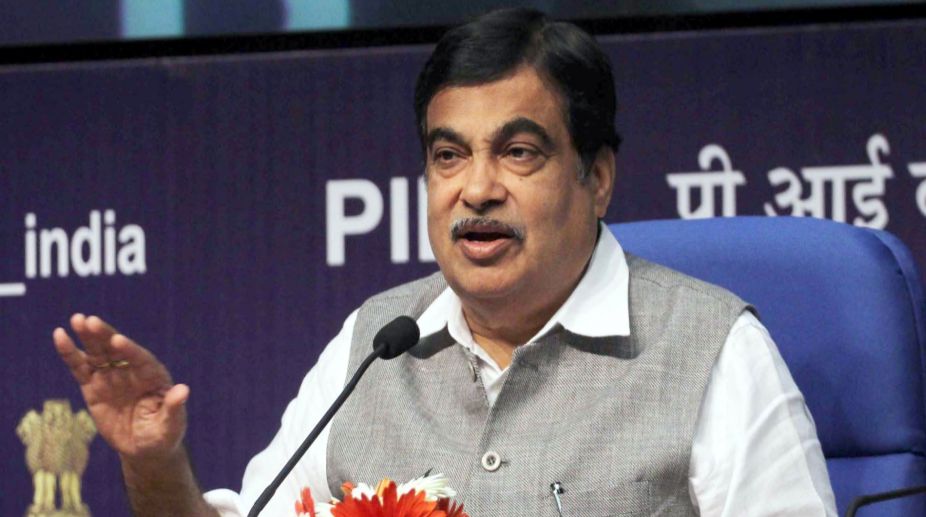Supreme Court rejects 100 per cent cross verification of EVM votes with VVPAT slips
The top court also rejected the prayers of petitioners to return to ballot paper voting system, calling it foible and unsound.

Nitin Gadkari (Photo: IANS)
Goan MLAs on Monday met Union Minister for Shipping Nitin Gadkari in the national capital to urge the central government to find ways and means to resume mining in the coastal state. The Supreme Court has directed that all mining activity in Goa should stop after March 15 and the leases issued afresh.
In a memorandum to the central minister, the multi-party delegation including Public Works Department Minister Sudin Dhavalikar of the Maharashtrawadi Gomantak Party, Health Minister Vishwajit Rane (BJP), Speaker Pramod Sawant, Congress MLA Nilkanth Halarnkar, have sought that the mining leases in Goa should be renewed for 20 years, instead of being issued afresh.
“We have expressed our concerns to the central government. Re-issuing the mining leases afresh, as directed by the Supreme Court, will result in stopping of mining activity for more than a year, which is an economic loss for Goa and its people. We have demanded that mining leases renewed for 20 years instead,” Halarnkar told IANS.
Advertisement
A rift has however emerged in the Congress party over the renewal issue, with its MLA Aleixo Reginaldo demanding that mining leases should be auctioned to ensure that the state benefits the most from its natural resources.
The multi-party delegation is also expected to meet Union Mines minister Narendra Singh Tomar later on Monday.
On February 7, the Supreme Court cancelled the 88 existing iron ore mining leases in Goa and ordered that these be leased afresh to new licensees after obtaining fresh environmental clearances.
Goa is the country’s leading exporter of low-grade iron ore and exported nearly 50 million tonnes before the Shah Commission in 2012 exposed a Rs 35,000 crore illegal mining scam, triggering a ban on mining in the state.
The ban was revoked in 2014 but only after the Supreme Court laid down strict parameters.
Advertisement